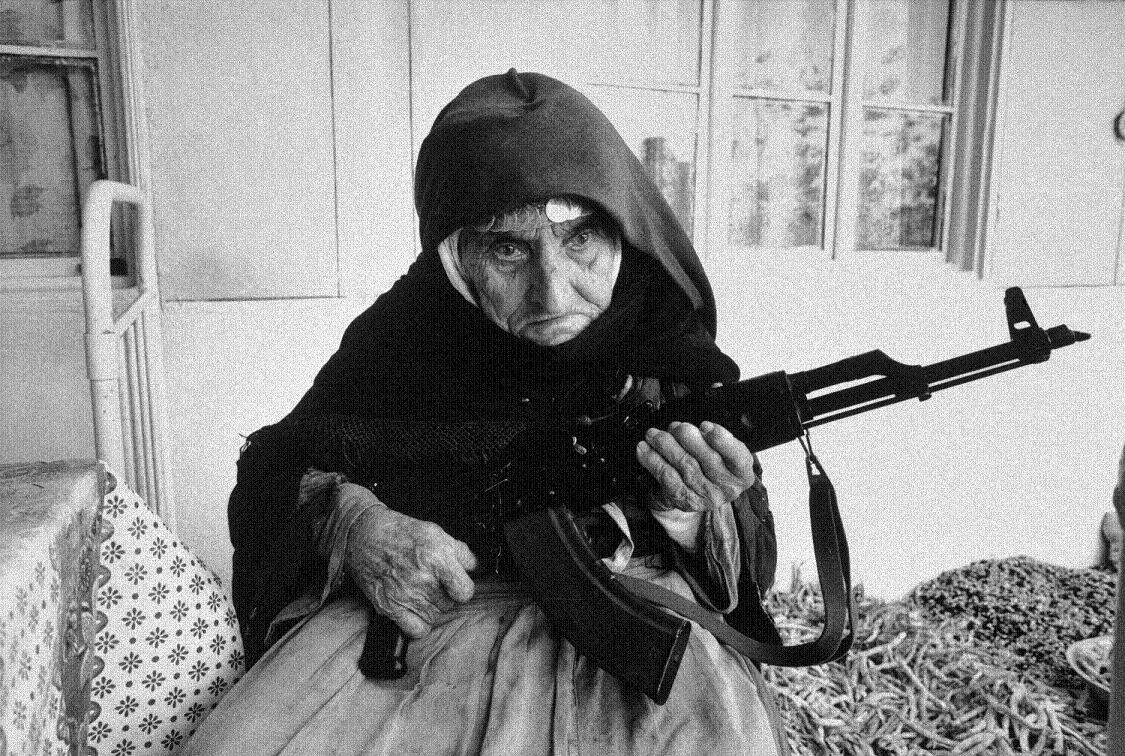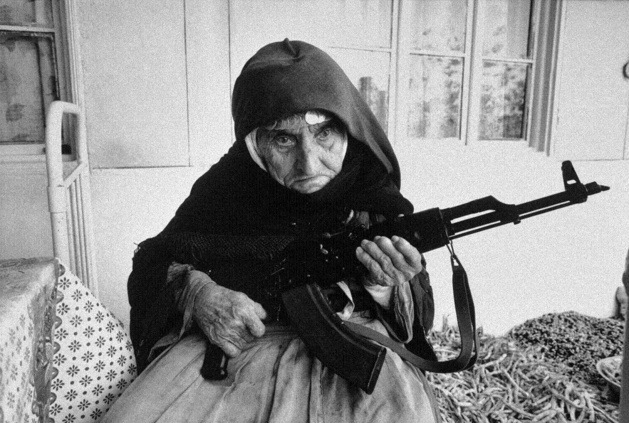In 1991, the USSR breakdown involved de facto the independence of its former Republics, among them Azerbaijan and Armenia. Nagorno-Karabakh – Azeri mountain region accounting for 94% of Armenians – secedes. After three years of armed conflict between the Azerbaijanis and Armenian armies, in 1994, the United Nations (UN) obtain a ceasefire, and Nagorno-Karabakh, which was the source of the conflict, declares itself a Republic. However, this territory would remain occupied by the Armenian army and relations between the two countries have been stagnating since then.
On May 20th and 21st, 2014, the Conference on Interaction and Confidence-Building measures in Asia (CICA) – intergovernmental forum for the promotion of peace and the reinforcement of cooperation in Asia – opened its 4th Heads of States summit at Shanghai. While Armenia is not involved in these discussions, the Conference, attended by 26 countries among which Azerbaijan, mentioned the Nagorno-Karabakh case, expressing its “worries about the fact that the conflict opposing Armenia and Azerbaijan remains unsolved and keeps posing a threat to the security in the region and in the world”, and required the Minsk group to “redouble their efforts to solve this conflict”.
Created in 1992 by the Conference for Security and Cooperation in Europe (now OSCE) and headed by the triumvirate United States, Russia and France, the Minsk group has been working for more than 20 years on ways to end up the crisis, in order to prepare a meeting with the parties to the litigation. Even though this one has not happened yet, the work group remains active and did set some goals. One of them is to supply an appropriate frame to solve the conflict ensuring a negotiation process, yet it seems compromised by the unwillingness of Armenia. However, it is the centrepiece of all the foundation for an agreement that currently remains more than uncertain.
For more than 20 years, Armenia has been occupying – in addition to the mountainous lands of Nagorno-Karabakh – 7 provinces bordering Azerbaijan, that it to say 20% of its territory. This Armenian unwillingness, preventing even as a start the creation of a frame to solve the litigation is that Armenia simply refuses to discuss the retrocession of these Azerbaijanis lands it is occupying. Yet on an international scale, no one wishes to acknowledge the legality of this takeover, and many refer to the UN law to denounce this situation.
"A region of the globe looking like a powder keg."
To add to this illegal situation and not mentioning the massive exodus of Azerbaijani refugees – about 875,000 –, many abuses are being perpetrated by Armenian soldiers on colonised Azeri populations. Because these treatments cannot remain unanswered, but also because the Caucasian South is “a region of the world looking like a powder keg”, solving the conflict is becoming extremely urgent. South-Caucasus is one of these spots of the world where, for years, territory conflicts and the tragedies they bring have been part of the daily life of the populations, which are literally held hostage. Indeed, the three States – Azerbaijan, Armenia and Georgia – composing this region have in common this sad observation. While the first two ones have been stuck in the Nagorno-Karabakh conflict for more than 20 years, Georgia had to handle the separatist claims from its provinces of South Ossetia and Abkhazia, and eventually lost them in favour of Moscow.
In addition, international geo-strategy is directly affected by these tensions, in particular the ones resulting from the Armenian-Azeri conflict. Thus, Turkey clearly states her position in favour of Azerbaijan and therefore refuses any agreement with Armenia. Of course, the point is not to say that solving the Nagorno-Karabakh litigation would be the solution for all the current geopolitical problems. However, South-Caucasus – actual corridor between Central Asia and Europe – is a region which crystallizes many interests, among them Azeri oil and gas resources, hence some coalitions.
Some advocate ipso facto to simply acknowledge independence to the self-declared Nagorno-Karabakh Republic. But what law would make Azerbaijan renounce to its territories ? In addition Nagorno-Karabakh is internationally acknowledged by separatist regions only, such as the Spanish Basque or the former Georgian provinces of South Ossetia and Abkhazia. That is to say no one according to international law.





























